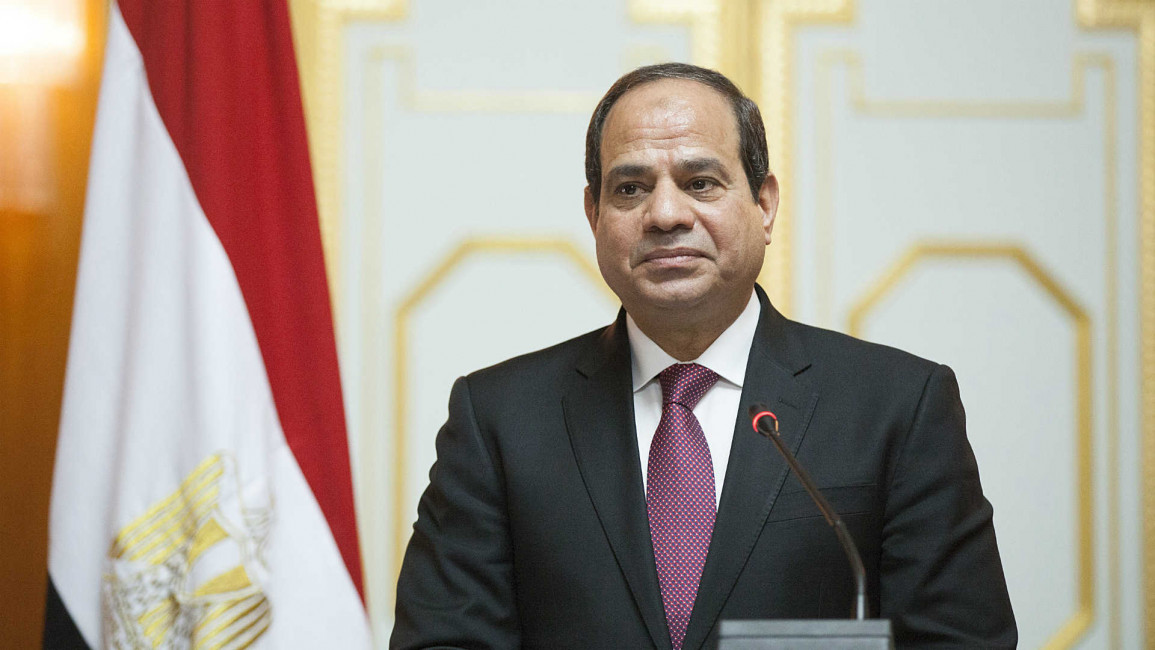Arab Spring in reverse: Egypt parliament votes on extending Sisi's term by decades
Egypt’s President Abdel al-Fattah al-Sisi could stay in office until at least 2034 if the "Pharaoh motion", currently being discussed by the nation’s lawmakers, is agreed.
The Egyptian parliament, which has a tendency to rubber stamp the administration's proposals, has already given preliminary approval.
"All opinions and trends will be included in the discussions", Parliament Speaker Ali Abdel-Al told MPs, but opposition figures have called the proposals an "Arab Spring in reverse" and an "attempt to derail the movement towards a modern civil democratic state".
The constitutional amendments declare Sisi the "guardian and protector" of Egypt and are unlikely to be voted down by a parliament packed with supporters of the president.
Sisi led the 2013 military coup to overthrow the democratically-elected Muslim Brotherhood-backed President Mohammed Morsi. The former military chief has been in power since the coup.
"Tampering with presidential terms in the constitution would establish an authoritarian, despotic regime that would be pure evil - so do not commit this crime," warned opposition lawmaker Haitham al-Hariri in a Facebook post
In addition to extending a president's term in office from four to six years, the amendments include an article which applies only to Sisi, allowing him to run for two more six-year terms after his current, second term expires in 2022.
The constitutional changes would also bolster Sisi's powers as president, giving him the authority to appoint high-level judges and bypass judicial oversight on legislation.
Crucially, the amendments would grant an already empowered military wider jurisdiction for trying civilians in its courts.
Human Rights Watch says more than 15,000 civilians, including children, have been referred to military prosecution in Egypt in the last three years.
The alterations would also introduce one or two vice presidents, a new senate and a 25 percent quota for women in parliament.
Egyptian filmmaker and member of parliament Khalid Youssef on Tuesday accused the authorities of leaking two 'sex videos', which he allegedly filmed with two actresses and a businesswoman, because he had spoken out against the constitutional amendments.
The women who reportedly appear in the video have been arrested for engaging in "scandalous acts". Youssef has called the release of the video on social media a "moral assassination campaign" and denied involvement.
The 596 members of parliament are expected to vote either late on Wednesday or on Thursday.
After a final parliamentary vote in around two months, the changes would then be voted on in a national referendum, likely to take place before May.

![Bahrain [getty] Bahrain [getty]](/sites/default/files/styles/image_330x185/public/media/images/5F28B59A-942B-4B6A-A5A8-09D476D1E68D.jpg?h=d1cb525d&itok=NJNXWh5z)

